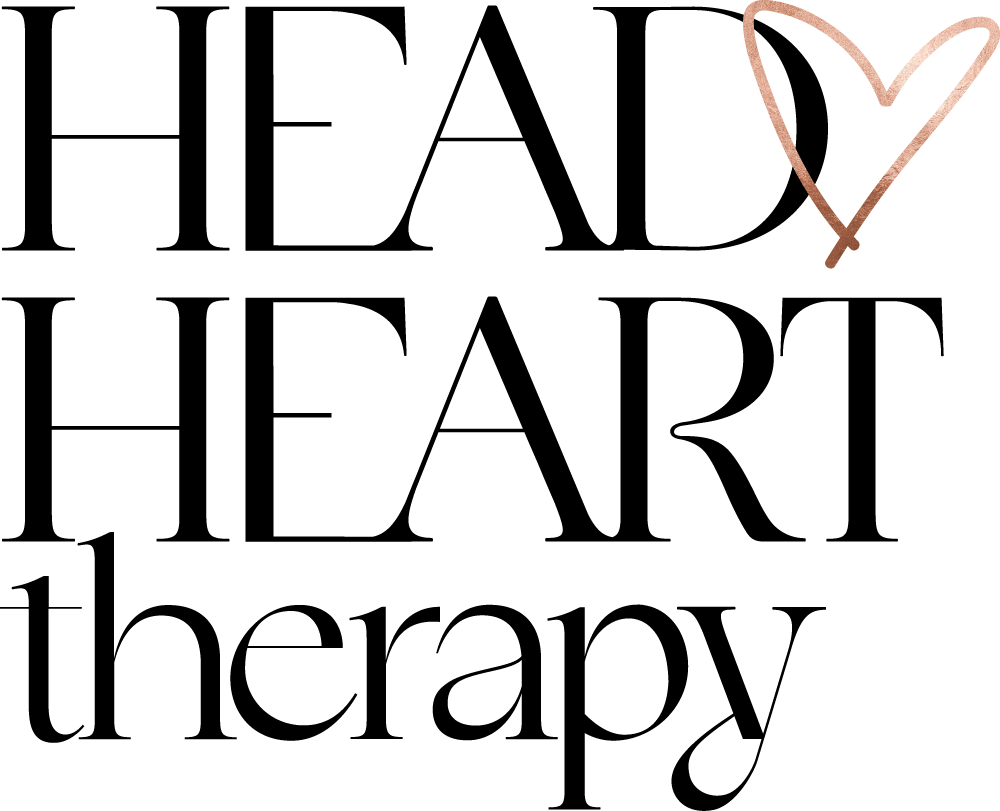American Indian Heritage Month
By Kara Luger
Haŋ kolápi (“Hello friends” in Lakota Sioux) and happy American Indian Heritage Month!
Have you seen the TV show “Reservation Dogs”? I absolutely love it, and critics agree – the show won the 2022 Peabody Award and has been nominated for many others. The show is a very funny and poignant depiction of the lives of four Native American teens on reservation in rural Oklahoma and their community. I’m a biracial woman (white/Lakota Sioux from the Standing Rock Reservation), and it’s wonderful to see realistic representations of modern Natives popping up in mainstream media in shows like “Reservation Dogs,” the comedy “Rutherford Falls,” and the amazing First Nations history/social justice podcast “Telling Our Twisted Histories.” Native Americans have been called an invisible minority or a “micro-minority.” Representation means validity. It means finding the courage to push for systematic changes, particularly in mental health care. Like portrayals of any community, those shows feature both positive and difficult aspects of life, but what I’ve seen feels real and right and just an exhale of finally.
Created by Sterlin Harjo and Taika Waititi (who’s known for boosting indigenous works), the show is the first to feature an all-indigenous team of writers and directors, as well as most of the actors. Watching it for the first time, I finally felt seen: we weren’t the magical people portrayed in the past by the media, silently communing with wolves while a flute plays and a single hawk screeches overhead. Instead, I saw my aunties and elders doing beadwork and how Natives roast each other when we get together (we can be really funny, y’all.) I delighted in hearing real rez accents and watching how some of them do this weird little pointing-at-something-with-their-lips gesture that so many of my relatives do.
But the “Reservation Dogs” also realistically portrays the health outcomes of living in a poor rural community with insufficient mental health care and culturally competent resources. A major theme is grief and how the sudden death by suicide can echo throughout the town. According to the CDC, more than 30,000 people die by suicide a year, and the suicide rate for American Indians and Alaska Natives is over twice the national average for other racial groups. It is the second leading cause of death for young Native men aged 15-24. In the TV show, some respond to this event by running away. Some act out violently. Others find strength in community and in traditional beliefs. Some suffer severe depression, but lack the resources to find help. Natives also face a long history of intergenerational trauma and, for good reason, a distrust in the U.S. government. It turns out that systematic genocide, forced removal, and even the burial of current issues of the epidemic of missing and murdered Native women don’t exactly lead to a communal belief that they will be noticed and taken care of.
With mainstream representation we’re seeing some movement on the healthcare front. A bill was introduced called the Native Behavioral Health Access Improvement Act of 2021, which would fund a special tribal behavioral/mental health grant program and expand certain federal health care provisions to American Indians and Alaska Natives. The bill is still underway as of now, but it would increase Indian Health Services to find more tribal health programs for the treatment prevention of mental health and substance use disorders in Natives.
There’s a phrase in Lakota, mitákuye oyásʼiŋ, which means “all my relations.” Broadly it means we are all connected – people, earth, plants, sun, rocks, animals. It also means harmony within community – elders, aunties, cousins, siblings – whether or not they are actual blood relations. Until there is better access to professional mental health care, I encourage everyone to find support within those relations – rock, tree, earth, elders. There is wisdom and strength there.
For Lakota words of aspiration and an adorable video of children pronouncing the words, check out Alayna Eagle Shield’s site.
Native American mental health resources:
NAMI resources and tips for seeking indigeonous-specific mental health care
Centers for Medicare & Medicaid Services: Tribal Behavioral Health Coverage
StrongHearts Native Helpline: (domestic violence helpline) Call or Text 1-844-7NATIVE (762-8483)
